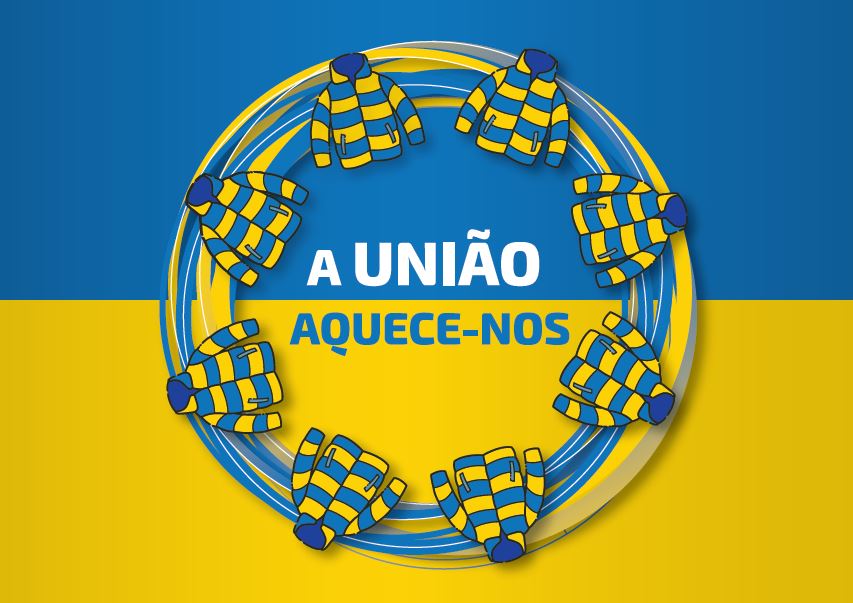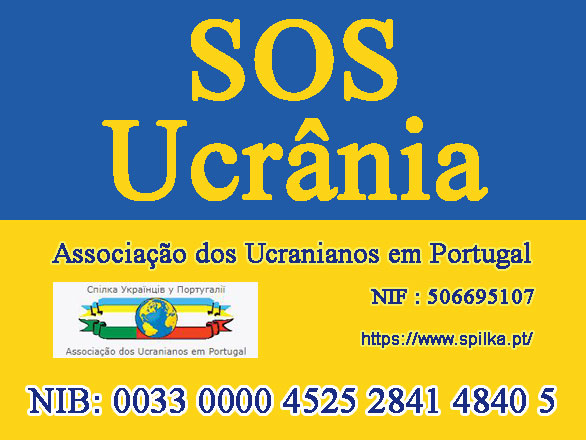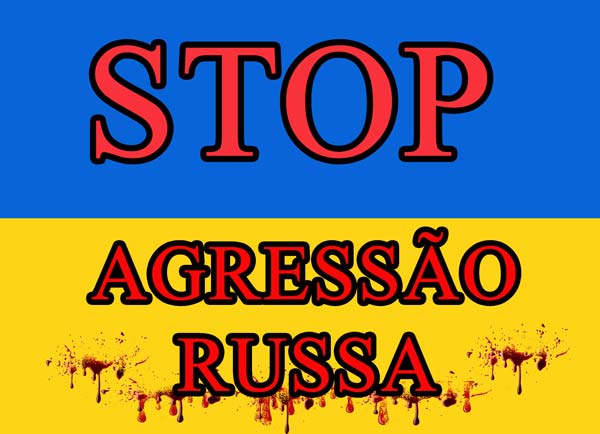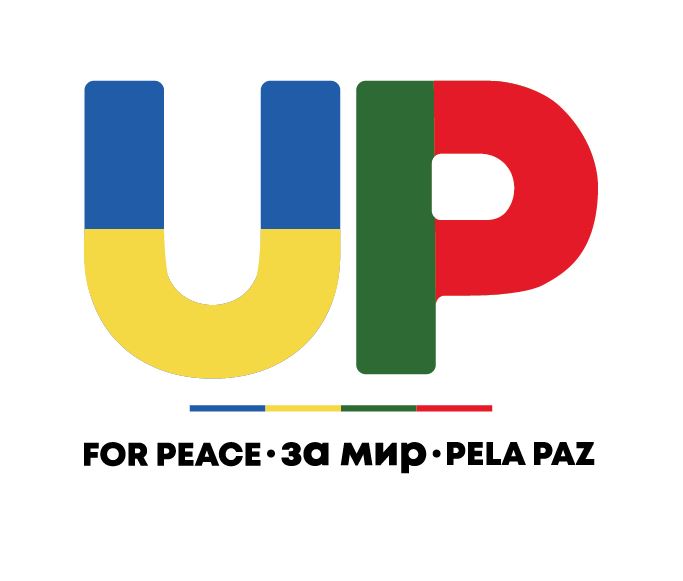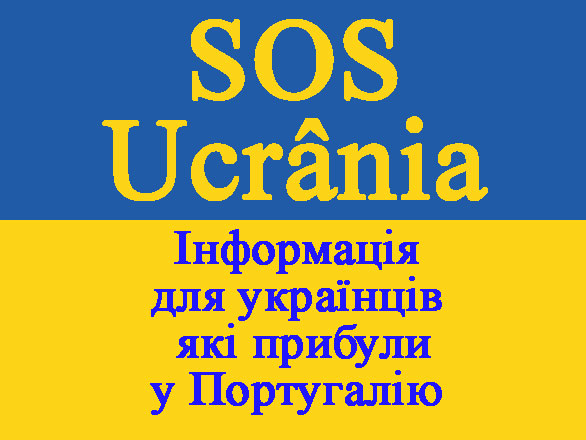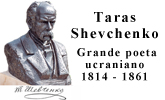- Закон України № 376-V про Голодомор 1932-33 рр.
- Офіційне визнання міжнародною спільнотою
- Суд над організаторами Голодомору-Геноциду
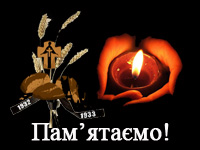 |
 |
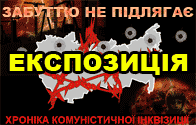 |
Статут Культурно-освітнього центру «Дивосвіт» при Спілці українців у Португалії
Увага!
- Українсько-португальська угода про соціальне забезпечення
- До уваги всіх, хто оновлює або отримує водійські посвідчення в Португалії
- У відпустку в Україну власним автотранспортом до 60 днів
- «Шлях Перемоги» - громадсько-політичний тижневик
Ukrainians Abroad Brace for More Moves on Homeland
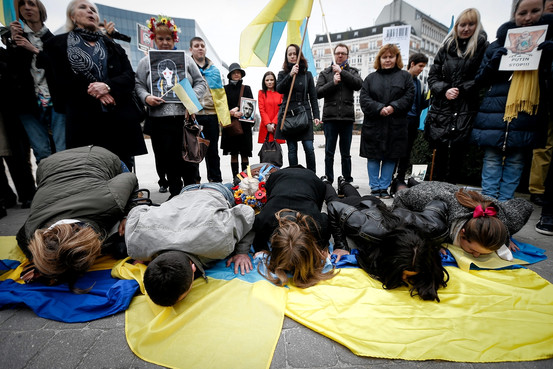 Many Fear Russia's Annexation of Crimea is Just One Step in Dismantling Ukraine
Many Fear Russia's Annexation of Crimea is Just One Step in Dismantling Ukraine
Pavlo Sadokha, like many of his fellow Ukrainians living abroad, is preparing for the worst in the wake of Russia's move to annex Crimea.
Mr. Sadokha, a 44-year-old economist who has lived in Lisbon for 13 years, has been compiling a list of men who would be ready to join Ukraine's newly formed National Guard if war breaks out, himself included.
"We are far away, but we feel the responsibility to fight for our country," said Mr. Sadokha, who is married to a Portuguese woman. "She doesn't like the idea of me heading there, but she understands."
| {module intervyu_ucraine} |
Russian President Vladimir Putin, who signed treaties Tuesday formally annexing the breakaway region of Crimea, also sought to reassure Ukraine by saying Russia didn't plan to seize any other territories. But for many Ukrainians around the world, joy at the ouster of President Viktor Yanukovych late last month has given way to fear Russia's annexation of Crimea is just one step toward dismantling their native country.
"Everyone is taking the situation with Crimea very personally," said Rev. Nazar Zatorsky, a Ukrainian Catholic priest studying in Switzerland. "It feels like part of your own body is being amputated."
Outside Russia and Kazakhstan, the largest Ukrainian communities are in Canada, the U.S. and Brazil—with more than one million Ukrainians each—and across a smattering of European countries, including Poland, Greece, Italy, France, Spain, Belarus and the Baltic countries.
As Mr. Putin's decision to annex Crimea reverberates, Ukraine's diaspora is mobilizing to send everything from financial assistance to clothes and medicine. Nathalie Pasternak, president of the French Committee of the Ukrainian Community, said several young men in France have moved to enroll in the National Guard.
Some Ukrainians living abroad have already traveled home to lend support during the protests that began in Kiev's Maidan square in November and culminated in deadly clashes with Ukrainian security forces under Mr. Yanukovych late last month.
By chance, Toronto-born Ruslana Wrzesnewskyj, who helps run a charity for Ukrainian orphanages, found herself in Kiev with 36,000 shoes for local orphanages the day the protests started. That evening she went to the square. She left a month later.
"Once you go on the Maidan you can't get off the Maidan," she said. During that time she rented apartments for protesters to wash and rest and to act as soup kitchens. The 60-year-old said she also began making calls home to raise money for protesters and their families.
Canadian Ukrainians have raised almost 1 million Canadian dollars (US$900,000) since November, said Marc Shwec, who helps coordinate protests in Toronto for the Ukrainian Canadian Congress. Among other actions, the group is lobbying Ottawa to deepen sanctions against supporters of Russia's incursion into the Crimea.
Not all parts of the diaspora welcome Ukraine's new powers. Wilfred Szczesny, 72, says there is a generational gap, with first-generation Ukrainian immigrants showing greater enthusiasm for the changes than some of those born in Canada. In language reminiscent of the Russian government's, Mr. Szczesny described the new government as illegal and full of fascist sympathizers.
"It was a coup d'état made possible by collaboration between the European Union, NATO and the U.S.," said Mr. Szczesny, an ethnic Ukrainian who helps run the Ukrainian Cultural Center in Toronto.
In Chicago, home to tens of thousands of Ukrainian-Americans, many are watching events in their homeland anxiously. On Sunday, about 300 people gathered for a town-hall meeting at the Ukrainian Cultural Center, where U.S. Sen. Dick Durbin (D., Ill.) fielded questions on issues ranging from the potential involvement of U.S. military in the conflict to energy supplies in the region, said Alex Striltschuk, president of the Illinois division of the Ukrainian Congress Committee of America.
"We're very concerned and sitting on the edge," said Mr. Striltschuk.
Hundreds of Spain's 80,000 Ukrainians gather daily at Our Lady of Happy Outcome, a Ukrainian Greek Catholic church in Madrid, to pray for the protection of their homeland. Dozens of others have left Spain in recent weeks "to defend Ukraine in any way they can," said Yuriy Chopyk, a 50-year-old member of the congregation and a Ukrainian community leader.
Alexander Bitsak, 57, who runs his own small cafe serving traditional Ukrainian fare in Helsinki, equates Russia's incursion into Ukraine with the annexation of Austria by Nazi Germany in 1938. "This is imperialism by Mr. Putin. He wants to bring back the Soviet Union and bolster his own standing," he says.
Mr. Bitsak, however, is cautiously optimistic about the future. He says Western sanctions and political pressure from the U.S. and the EU will eventually have an impact.
—Caroline Porter in Chicago and John Revill in Zurich and Juhana Rossi in Helsinki contributed to this article.
Write to Inti Landauro at Ця електронна адреса захищена від спам-ботів. Вам необхідно увімкнути JavaScript, щоб побачити її., Alistair MacDonald at Ця електронна адреса захищена від спам-ботів. Вам необхідно увімкнути JavaScript, щоб побачити її. and Patricia Kowsmann at Ця електронна адреса захищена від спам-ботів. Вам необхідно увімкнути JavaScript, щоб побачити її.
{module mod_knopka_comments}
|
|
- Перегляди статей
- 22615832

